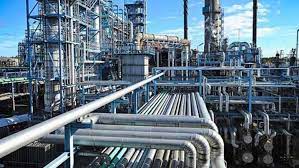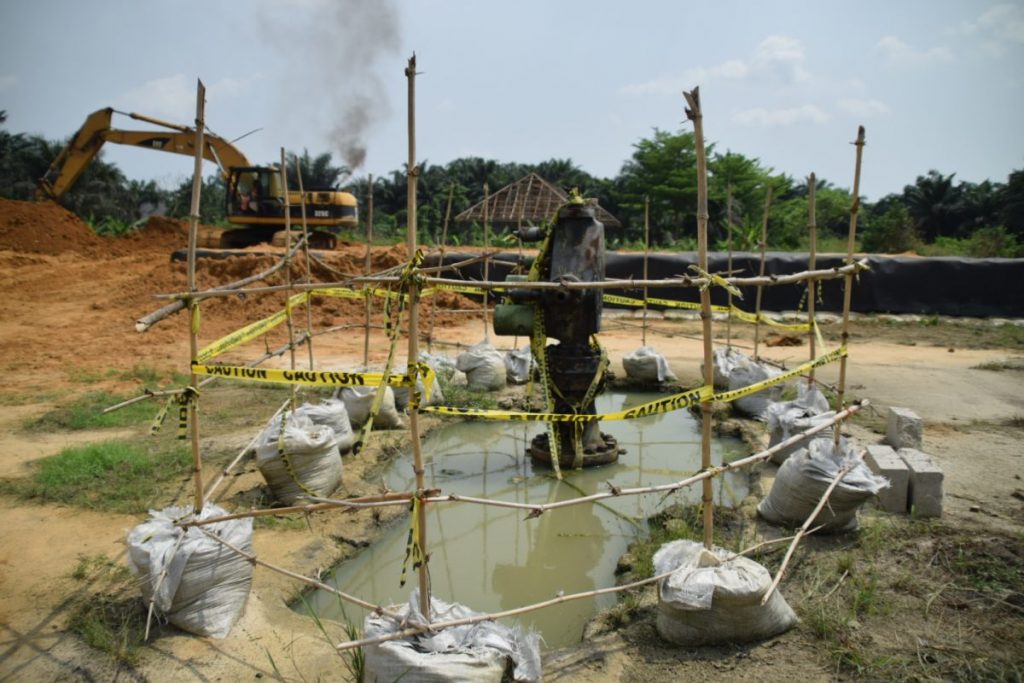
Mkpoikana Udoma
Port Harcourt — The Civil Society Legislative Advocacy Centre, CISLAC, has urged President Muhammadu Buhari and the National Assembly, to make clarifications to Nigerians on the removal of fuel subsidy, as recently announced by the Nigerian National Petroleum Corporation, NNPC.
Executive Director of CISLAC, Auwal Musa Ibrahim, also called on the administrators of the oil and gas sector in Nigeria, to take a more decisive action in a bid to reform the sector.
Ibrahim who is also the Coordinator for Transparency International in Nigeria, said lack of accountability and transparency was responsible for the hemorrhage on revenue flows and oil production that have earned Nigeria’s oil sector a not-too-favorable reputation both locally and internationally.
He noted that there are several reports on activities of the sector – including commissioned inquiries, audits and investigations that have stressed transparency and accountability as crucial elements behind the inefficiency and corruption in the sector.
“On the wake of April 8, 2020, we were met with a press statement signed by Dr. Kennie Obateru -Group General Manager, Group Public Affairs Division of NNPC, announcing the removal of subsidy in the petroleum products and also the decision for NNPC to hand over refinery management to an independent body.
“This also have been reiterated by the GMD of NNPC on several media appearances stressing the same issue. We think that this is a step in the right direction considering the current hemorrhage occurring in the sector through the subsidy/under recovery regime and the running of the refineries.
“On the other hand, we are worried about the position of both the substantive Minister for Petroleum Resources and Minister of state who have neither made any pronouncement on this issue since it was released to the public by the NNPC leadership.
“Hence, some pertinent questions need to be raised and answered; On which law is this pronouncement made enforceable since the Petroleum Industries’ Bill (PIB) is not in-sight anytime soon?
“What is the implementation plan to implement this detailing how the effects will be cushioned by the government to avoid acute negative effect on the citizens and impending push back?
“Who else is consulted on this decision so that prevent unilateral decision which is going to be refuted by other administrative stakeholders in the sector and makes it un-implementable?
“We thereby call on the Presidency, the National Assembly and the Ministry of Petroleum Resources to wade into this issue and provide more clarity on this very crucial decision at this critical stage in our Nation’s economy which is still as at now largely dependent upon this sector.”
CISLAC said since Nigeria started exploration in the oil and gas sector, there have been a plethora of pronouncement from the successive leadership, focusing on the transparency, accountability, inclusive development, sustainable governance, management of refineries and issues of deregulation/liberalization of the sector.
The civil society group also advocated for a reduction in the cost of governance, as well as proper cost-benefit analysis before engaging in any project, as such was the only way to reduce inefficiency and promote value for money.
“Take the COVID-19 pandemic and its effect on the oil price in the world as an imperative for the need to diversify the nation’s economy and invest in other sectors which provide larger added value and more disposable revenues to the underemployed and vulnerable like agriculture, technology, etc.
“This is a wakeup call for all Nigerians to fight against the frivolous waste in the governance process. The continuous mismanagement and corruption of the extractive sector is eroding substantial investments in sustainable development.
“It is high time that the Presidency and the Legislature to implement a substantive cut in the cost of governance and channel these funds to sustainable development projects, which would benefit the poor as opposed to the elite, which is a disproportionate recipient of Nigeria’s common wealth. In times of crisis, projects that have no economic benefits should be terminated.”



